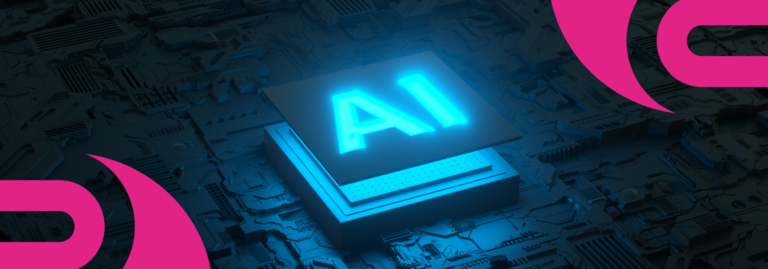“The engineering elite of Silicon Valley may know more than most about building software, but they do not know more about how society should be organized or what justice requires,” wrote Alex Karp, CEO of Palantir, in a recent letter to investors. This has since stimulated a lot of discussion in the media and within the tech sector.
I think this is both a striking but also encouraging statement. The technology sector has traditionally had a high barrier of entry, and like with STEM subjects, it has been notorious for its homogenous demographic and poor diversity. This, by itself, makes such statements concerning diversity unlikely or even unheard of.
It’s interesting to see high profile individuals in the tech sector bring up issues like this one. You begin to appreciate that working in tech is about much more than simply engineering and technical problem solving. There is a very real possibility that the projects you work on will have an impact on answers to moral and political questions such as what distributive justice requires and how society ought to be structured. And especially for the current software engineering and data science cohorts at Digital Futures, it can be very empowering to see the value that tech companies are now beginning to place on diversity.
It’s however also unlikely that your run-of-the-mill engineer is going to be in a position to make any important decisions or to affect any changes that have broader moral or social implications for the rest of society. Writing a unit test or contributing to the object orientated design of a particular program just isn’t going to have wide ranging ramifications on society. But the important thing to note is that they are the ones with the potential to do so.
As humanity and society progresses, it seems likely that technology is going to become increasingly important. Now with Facebook’s recent rebranding and shift of focus towards what is coined the ‘metaverse’, a next generation version of the internet enabling humans to socialise and connect with each other through 3D virtual spaces, it seems that technology will only be of ever increasing importance in our lives.
Let’s hope that this trend of tech companies becoming more outspoken and open is here to stay and that diversity continues to be cherished by tech companies of the future. For as technology gains importance, so too will the responsibility of those behind the technology.
This is also very promising news for a company like Digital Futures, which exists for the purpose of providing talent and improving diversity within the tech sector.







